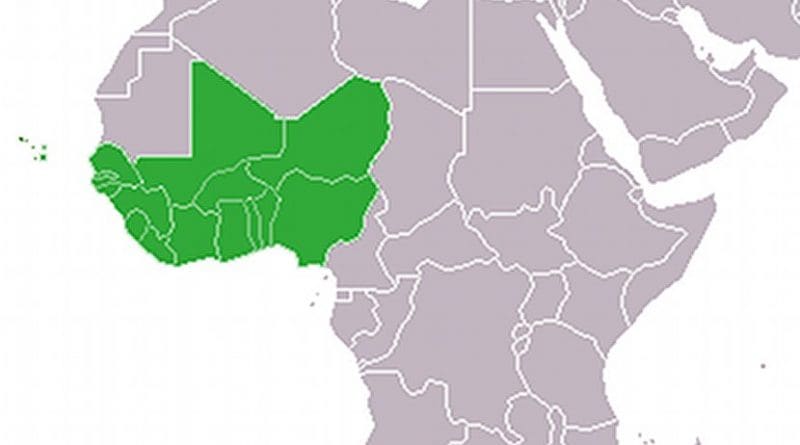West African Leaders Concerned About French-Speaking Republics’ Transition To Constitutional Rule – OpEd
The West African military leaders in the republics of Burkina Faso, Mali and Guinea are dragging their feet and adamant to restoring democracy and early constitutional rule suggested several times by the 15-member Economic Community of West African States (ECOWAS) and the African Union (AU).
These three military leaders have been under pressure to restore democracy since they toppled their governments and failed on their separate individual promises to hold constitutional elections, prompting sanctions from the Economic Community of West African States (ECOWAS). The African Union has also imposed sanctions for showing disrespect and absolutely violating the collective protocols adopted by the continental organization.
During the early June meeting, the ECOWAS leaders failed to agree what action to take against military juntas in Burkina Faso, Guinea and Mali, postponing the decision until the next ECOWAS meeting on July 3. The leaders, particularly over Mali, were desirous whether to ease or ramp up sanctions imposed in January after its military regime announced plans to stay in power for another five years.
Ghana’s President Nana Akufo-Addo opened the last meeting, attended by the heads of state of the 15-member countries but without representatives from Burkina Faso, Guinea and Mali. The meeting re-examined and critically assessed the situations in the three republics in light of recent developments within the regional and global contexts. The primary objective has always been to find ways to help these countries return to constitutional order.
Reports monitored confirm that Burkina Faso, Guinea and Mali are currently suspended from ECOWAS bodies. While Mali has already been slapped with sanctions, the other two countries risk further punitive measures from the bloc after ruling juntas in their respective capitals vowed to hold on to power for another three years.
West Africa has seen a succession of military coups in less than two years — two in Bamako, followed by Conakry in September 2021 and Ouagadougou in January. ECOWAS, keen to limit political instability spreading further, has put pressure to shorten the so-called transition periods before a return to civilian rule. Colonel Assimi Goita in Mali, Colonel Mamady Doumbouya in Guinea and Lieutenant-Colonel Paul-Henri Sandaogo Damiba in Burkina Faso, have all resisted that pressure and since been sworn in as presidents.
Mali is under the severest sanctions, including financial squeeze, travel bans and border blockade, as it has adamantly ignored the bloc’s terms to relinquish power to civilian authorities.
The June meeting demanded that the three junta-led countries finalize an acceptable transition timetable and establish an appropriate framework for dialogue with political and civil society stakeholders in order to ease the socio-political tension and ensure a peaceful transition.
The leaders urged the authorities in the three countries to take steps to enhance security in their respective countries and respect the human rights of all citizens and desist from arbitrary acts that undermine the rule of law.
On Burkina Faso, the meeting took note of the efforts made by the transition authorities on the security front and encouraged the military to sustain the momentum towards further enhancing security in the country.
The leaders expressed grave concern about the deteriorating humanitarian situation in that country and called on the International Community to strengthen its humanitarian support to Burkina Faso.
On Guinea, ECOWAS expressed serious concern over the deteriorating socio-political situation and urged the transition authorities to create a suitable framework for all stakeholders to dialogue in order to ensure peaceful transition processes.
On Mali, the bloc urged a quick return to constitutional order in accordance with the ECOWAS and African Union protocols and decisions. It upheld the sanctions imposed on January 9, 2022, and said those retaliatory measures would examine on July 3, 2022, and be lifted gradually when benchmarks of the transition are met.
The length of the transition is of particular interest to foreign partners including the United States and former colonial power, France. Stakeholders as well as potential investors are also waiting for experiencing the next stage of political stability in the region.
A United Nations report published has indicated that the West African sanctions had contributed to worsening living conditions, particularly for the poor. These three French-speaking countries and the entire Sahel region are the most volatile and have large impoverished population in Africa.
The African Union, Economic Community of West African States (ECOWAS), the European Union (EU), the United States and the United Nations (UN) are all asking for quick transition to civilian governments, that efforts are taken to resolve outstanding issues relating to sustainable development and observing strictly principles of democracy in these French-speaking countries in West Africa.

